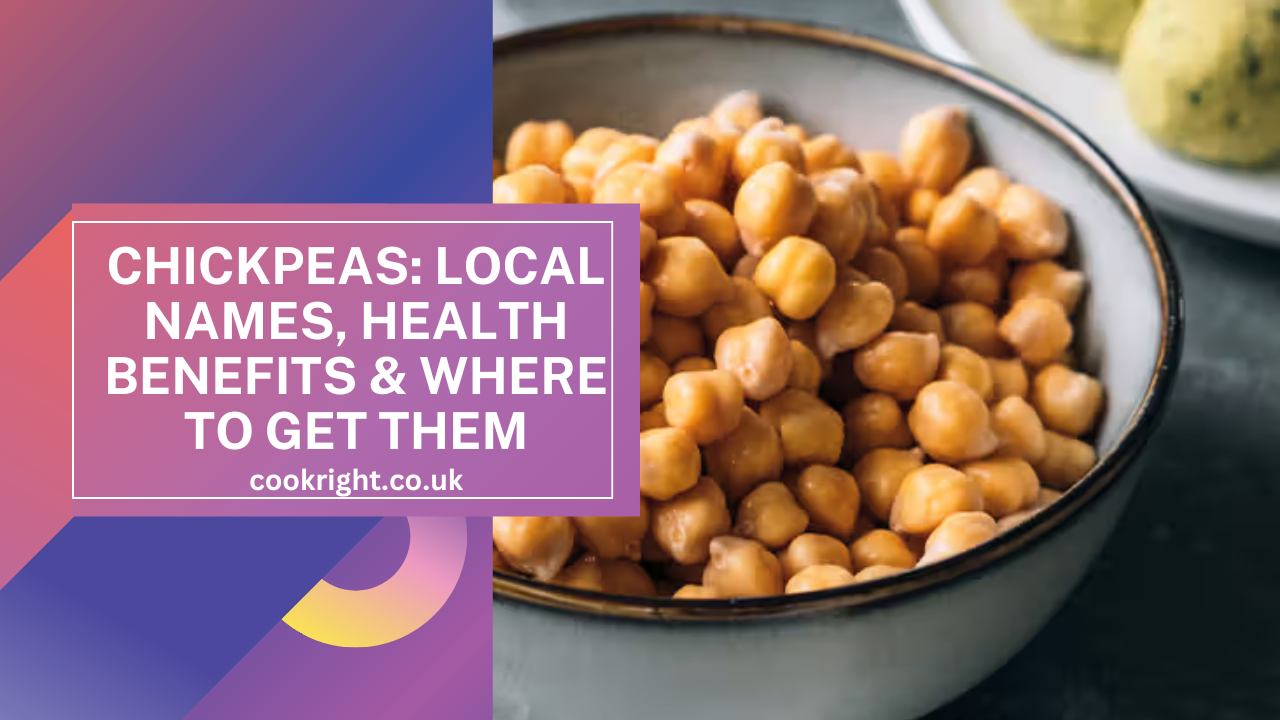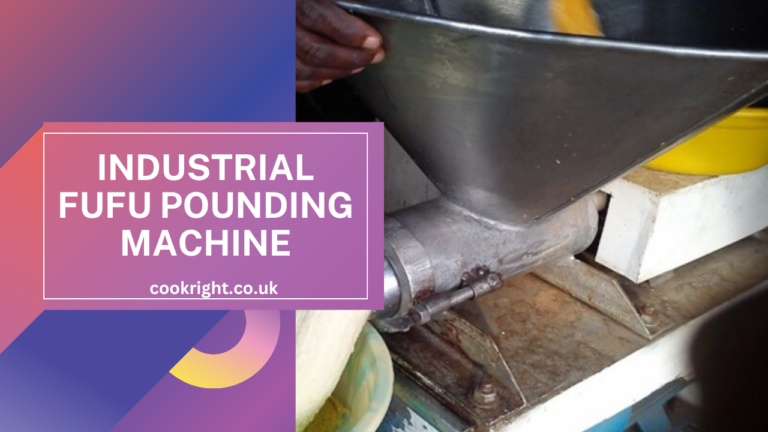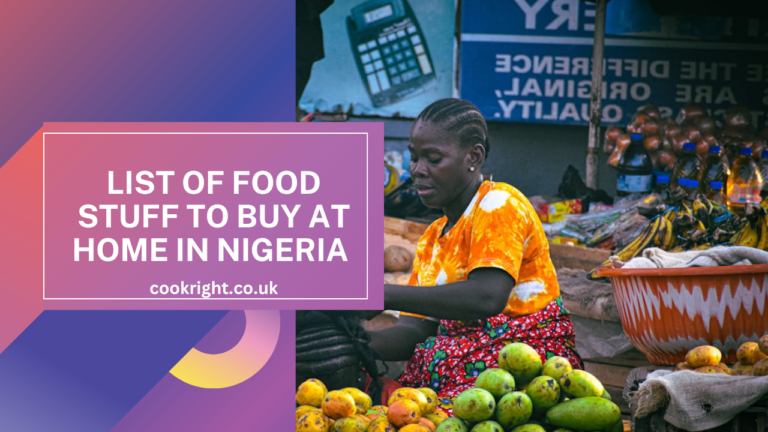Chickpeas, also known as garbanzo beans, have gained considerable popularity in Nigeria over recent years. This legume, celebrated for its versatility, nutritional benefits, and rich, nutty flavor, is becoming a staple in many Nigerian households. In this blog post, we will delve into the local context of chickpeas in Nigeria, exploring its local names, availability, health benefits, and how it is being incorporated into Nigerian cuisine.
Local Name for Chickpeas in Nigeria
In Nigeria, chickpeas are not traditionally grown or widely consumed, so they do not have a specific indigenous name in most local languages. However, in markets and stores, chickpeas are commonly referred to by their English name or simply called “kabuli” after the popular variety of chickpeas. In some Hausa-speaking regions, chickpeas might be loosely referred to as “danyen wake,” which broadly means raw beans, though this term is used for various types of legumes.
Health Benefits of Chickpeas
Chickpeas are packed with numerous health benefits, making them an excellent addition to the Nigerian diet. They are a rich source of protein, especially for vegetarians and those reducing meat consumption. Chickpeas are also high in dietary fiber, which aids digestion and promotes a healthy gut. They contain essential vitamins and minerals, including iron, magnesium, phosphorus, and folate, which are crucial for maintaining energy levels, bone health, and overall well-being.
Furthermore, chickpeas have a low glycemic index, making them suitable for individuals with diabetes as they help in regulating blood sugar levels. The high protein and fiber content also contribute to weight management by promoting a feeling of fullness, which can reduce overall calorie intake.
Where to Buy Chickpeas in Nigeria
With the growing demand for healthy and alternative food options, chickpeas are becoming more accessible in Nigeria. Here are some of the places where you can purchase chickpeas:
- Supermarkets: Major supermarket chains such as Shoprite, Spar, Ebeano, and Justrite often stock chickpeas in their grains and legumes section. They usually carry both canned and dried chickpeas, giving shoppers the option to choose based on their cooking preferences.
- Online Stores: With the rise of e-commerce in Nigeria, chickpeas can be conveniently purchased from online platforms like Jumia, Konga, and Supermart. These platforms often offer a range of options, including organic and imported varieties.
- Health Food Stores: Specialty health food stores, such as HealthPlus and MedPlus, as well as smaller organic shops, frequently stock chickpeas. These stores cater to a health-conscious clientele and typically offer premium or organic chickpea options.
- Local Markets: While not as common, some larger local markets, especially those in urban areas like Lagos, Abuja, and Port Harcourt, have vendors that sell chickpeas. It’s best to ask specifically for chickpeas or “kabuli” when navigating these markets.
- Wholesale Stores: For those looking to buy in bulk, wholesale markets such as Mile 12 in Lagos or the Garki Market in Abuja may have chickpeas available. These markets often cater to restaurant owners and larger buyers looking for cost-effective options.
Incorporating Chickpeas into Nigerian Cuisine
Chickpeas are incredibly versatile and can be incorporated into a variety of Nigerian dishes. Here are some creative ways to add chickpeas to your meals:
- Chickpea Stew: Chickpeas can be cooked into stews, much like traditional beans. They pair well with tomatoes, onions, and spices, making a hearty dish that can be served with rice, yams, or plantains.
- Chickpea Salad: For a lighter option, chickpeas can be tossed into salads with fresh vegetables, avocado, and a tangy dressing. This dish can serve as a healthy side or a light main course.
- Hummus: Though not traditionally Nigerian, hummus is gaining popularity as a dip or spread. It is made by blending chickpeas with tahini, garlic, olive oil, and lemon juice. This dish can be served with bread, crackers, or vegetables for a nutritious snack.
- Chickpea Fritters: Inspired by falafel, chickpea fritters can be made by blending chickpeas with spices and herbs, then frying them into patties. These can be enjoyed as a snack, in sandwiches, or alongside a meal.
- Chickpea Soup: Chickpeas can also be used to create a rich and creamy soup. By blending cooked chickpeas with broth, onions, and spices, you can make a comforting soup perfect for cool evenings.
Challenges and Opportunities
While chickpeas are becoming more popular in Nigeria, there are still challenges to their widespread adoption. One of the main obstacles is the limited local production of chickpeas, which leads to reliance on imports. This can make chickpeas more expensive compared to locally grown legumes like cowpeas or black-eyed peas. However, this also presents an opportunity for local farmers to explore chickpea cultivation, which could reduce costs and increase accessibility.
Additionally, there is a need for more awareness and education on the various ways chickpeas can be prepared and enjoyed. As more Nigerians become health-conscious and open to trying new foods, the demand for chickpeas is likely to increase.
The Future of Chickpeas in Nigeria
The future looks promising for chickpeas in Nigeria as more people seek healthier food options. With the right promotion, chickpeas could become a staple, much like other legumes in the Nigerian diet. As local farmers and businesses recognize the potential of this crop, there could be increased efforts towards local production, making chickpeas more affordable and accessible to the average Nigerian household.
In conclusion, chickpeas offer a wealth of nutritional benefits and culinary possibilities for Nigerians. Whether enjoyed in traditional dishes or as part of more global recipes, chickpeas are set to become a beloved addition to the country’s diverse food landscape. With increasing availability and growing interest, chickpeas are poised to make a significant impact on the Nigerian food scene.








